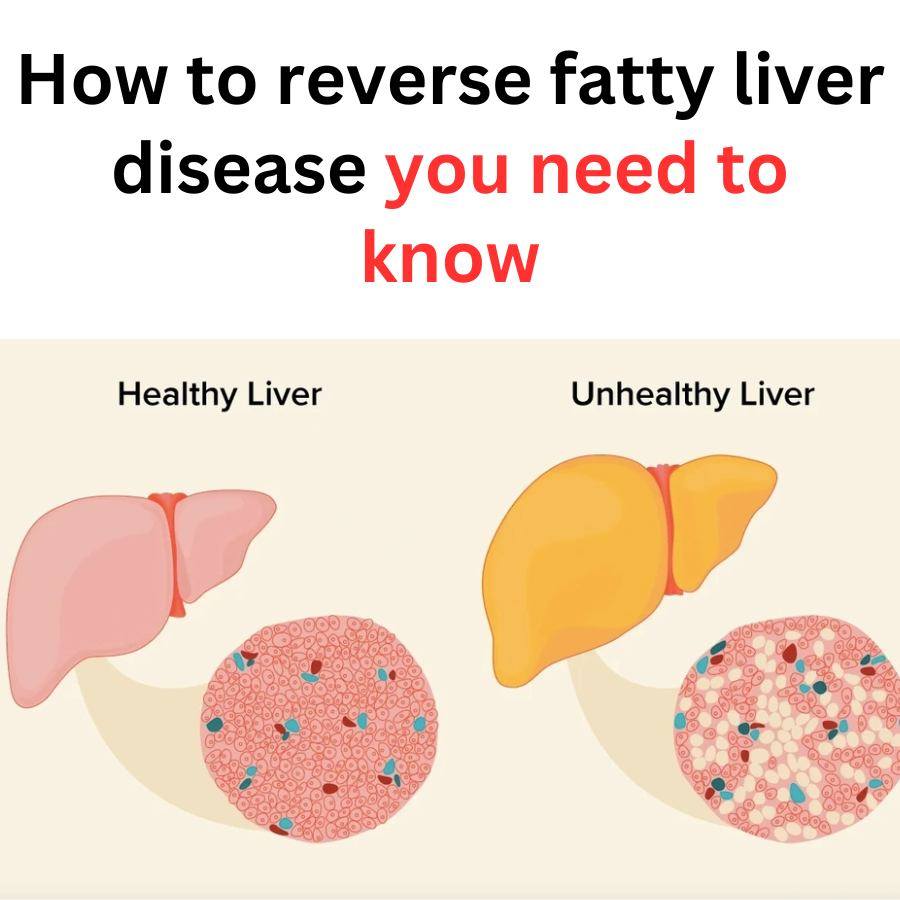ADVERTISEMENT
Weight Loss
According to WebMD, research shows that losing excess weight is the best thing you can do to manage or reverse metabolic-related fatty liver disease. A good goal is to lose 10% of your total body weight, but even losing 3% to 5% can improve liver health.
You should discuss with your doctor the best ways for you to lose weight safely and effectively. Options may include diet, exercise, weight loss surgery, or weight loss medications.
Treating Other Health Issues
Fatty liver disease is linked to several other health conditions. Treating these conditions may also help reverse metabolic-related fatty liver disease.
Conditions that may be involved include diabetes, high blood fat, sleep apnea, polycystic ovary syndrome, hypothyroidism, hypogonadism, or growth hormone deficiency.
Changing Your Diet
Changing your diet can help you lose weight, but it can also have other benefits. It may improve overall health and reduce fat in the liver.
Some adjustments you can make include:
Eating more fruits and vegetables. Eating more fish. Eating more fiber-rich foods. Avoiding excessive carbohydrates. Limiting sugar. Limiting saturated fats and trans fats. Limiting salt.
And you can still enjoy your morning cup of coffee. Scientists believe it may help reduce liver inflammation, though more research is needed to be certain.
Reducing Stress on the Liver
Alcohol can cause fat to accumulate in the liver. It can also harm the organ. You should avoid alcohol if you have metabolic-related fatty liver disease.
If you don’t think you can completely stop, drinking less can still be helpful. A simple rule is to drink less than one drink per day if you’re a woman and less than two drinks per day if you’re a man.
Some over-the-counter medications can also put stress on the liver. Therefore, be sure to follow dosage instructions when taking acetaminophen to ensure you’re not overusing it.
Make sure to read the labels of all medications you take, as acetaminophen is found in many cold medicines and prescription painkillers.
You should also talk to your doctor about all the medications and supplements you’re taking. Some people with liver disease should avoid nonsteroidal anti-inflammatory drugs (NSAIDs) like ibuprofen and naproxen.
Medications to Consider
There is no specific medication approved for treating metabolic-related fatty liver disease.
However, there is a medication approved for treating the more advanced stage of this condition, called metabolic dysfunction-associated fatty liver disease (MAFLD) with higher degrees of fibrosis. This occurs when there is inflammation and liver damage along with fat accumulation.
There are also other medications and supplements that you and your doctor may want to discuss.
You may need vaccinations to protect you from hepatitis A and B, viruses that can harm your liver. Annual flu shots are also important.
Some studies have found that vitamin E appears to improve liver function in some people, but this has not been definitively proven by science.
If you’re considering trying this supplement, talk to your doctor first. It may not be safe for everyone and has been associated with prostate cancer.
ADVERTISEMENT
